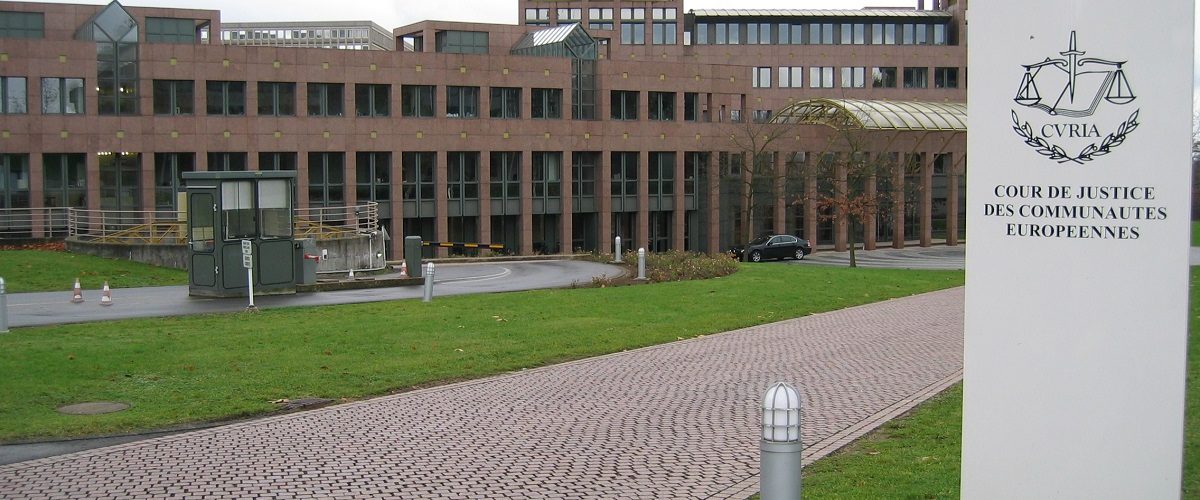On 17 January 2019, Advocate General HOGAN gaves its opinion in case Case C‑133/18 (Sea Chefs Cruise Services GmbH) regarding the question if a Member State can set specific deadlines for claiming back VAT
Facts (simplified):
On 17 September 2015, Sea Chefs Cruise Services GmbH, a business established in Germany, applied to the French tax authorities for the refund of a VAT credit for 2014.
The French tax authorities asked additional questions on 14 December 2015. Sea Chefs did not respond to these questions within 1 month. Therefore, the French tax authorities gave a decision on 29 January 2016, in which Sea Chefs’ claim was dismissed in its entirety due to its failure to reply.
Sea Chefs appealed against this decision. Before the French court, the French tax authorities argued that Sea Chefs did not respond within one month, and that this deadline was clearly stated in the law.
The French court considers inter alia, that where the French tax authorities do not have all the information available to them to enable them to ensure that the taxable person which is not established in France satisfies the conditions for a refund of the VAT in respect of goods or services supplied to it in France, the authorities may request such information from the taxable person by electronic means. The taxable person has one month, from receipt of the request, to provide the information.
The court also considers that in order to guarantee the effectiveness of the VAT system, Directive 2008/9 establishes time limits that ensure the rapid treatment of refund applications and applicants must comply with them. However, the court notes that neither Directive 2008/9 nor any national provision sets out the consequences for the right to a VAT refund where the time limit to reply is not respected. In particular, according to that court none of the legislative texts establish in a clear manner whether the taxable person has the possibility of regularising its application before the tax court or whether its application is time-barred.
Sea Chefs argued that it is contrary to the principle of VAT neutrality guaranteed by EU law to make it impossible for it to regularise its situation. VAT neutrality is ensured by a right to complete deduction, which is a fundamental principle of VAT and includes the right to judicial redress.
Sea Chefs also claimed that the lack of a possibility to regularise its request for a VAT refund before a court is contrary to the principle of proportionality of VAT. According to Sea Chefs, while the tax authorities must ensure that a taxable person fulfils its obligations to declare and pay VAT and may impose other obligations for the correct collection of VAT and the prevention of fraud, those authorities must not go further than what is necessary to achieve those objectives.
The French court asked the following questions to the European Court of Justice (simplified):
‘Is there a limitation rule which has the effect that a taxable person which applies for a refund of VAT from a Member State in which it is not established is not able to regularise its refund application before a tax court if it has not complied with the time limit for replying to a request for information?’
In other words: Where a taxpayer fails to respond within a one month period to a request for further information from the relevant tax authorities, does this mean that its entitlement to seek a VAT credit is thereby automatically extinguished?
Opinion:
The AG is of the opinion that a taxable person may regularise its VAT refund application by adducing evidence in the context of an appeal.
Source: Curia















